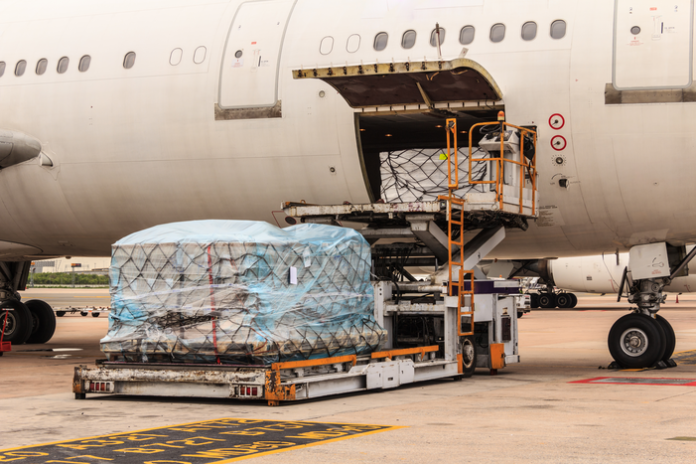The International Air Transport Association (IATA) reported a year-on-year (y-o-y) decrease in air cargo demand by 5.7% for African carriers in February 2025. This is the first decrease since mid-2023, potentially presenting a strain to the regional cargo industry. Coincidentally, cargo capacity also decreased by 0.6% for the same timeframe as 2024.
The global demand for air cargo remained relatively stable, decreasing only by 0.1%. International air cargo operations increased marginally by 0.4%, showing strength in some markets. This drop in African air cargo demand can be mainly credited to the phenomenal performance of February 2024. That month enjoyed peculiar conditions like the leap year, high volumes of Chinese New Year cargo traffic, and disruptions in sea transport due to attacks by Yemeni-based Houthi rebels in the Red Sea. Some cargo had to be diverted to air transport as a result, which helped spur demand temporarily last year.
IATA Director General Willie Walsh addressed the latest figures, emphasizing that trade tensions remain a significant concern for the air cargo industry. Rising tariffs and geopolitical uncertainties have impacted global trade flows, adding pressure to airlines already dealing with fluctuating demand. Walsh urged governments to prioritize diplomatic solutions over trade restrictions to support stability in global markets.
Despite the downturn in air cargo operations, African airlines reported a strong performance in international passenger demand. Passenger traffic for February 2025 increased by 6.7% year-on-year, reflecting a positive trend in travel demand. Capacity also rose by 4.0%, showing that airlines are expanding operations to accommodate growing passenger numbers.
Such contrast in performance between cargo and passenger demand underlines the complexity within Africa’s aviation sector. Where cargo operations have been adversely affected, passenger travel seems to be recovering well. Several factors account for this growth, such as increased connectivity, tourism demand, and improving economic conditions in some regions.
But the industry still faces challenges. African carriers are still faced with economic unpredictability, varying trade policies, and operating costs. The air cargo industry at large is most exposed to outside shocks, like supply chain interruption and regulatory intervention. For the African carriers, the key will be to ensure a balanced approach between cargo and passenger operations to ensure overall profitability.
The industry leaders and policymakers must track and adjust the economic trends according to the new situations. Improvement in logistics, infrastructure investment, and international cooperation are needed to boost efforts on cargo, while the passenger demand appears to remain steady. Removing trade barriers and keeping the market stable may allow African airlines to recover from the recent loss in cargo demand.
The recent data by IATA, on the whole, presents a mixed picture for African airlines. There is concern with the decrease in cargo demand over trade-related issues, but a continued rise in passenger travel does present a bright outlook. Industry adaptation to shifts in the global economy means agility and innovation from airlines if they are to keep up with this changing market.



